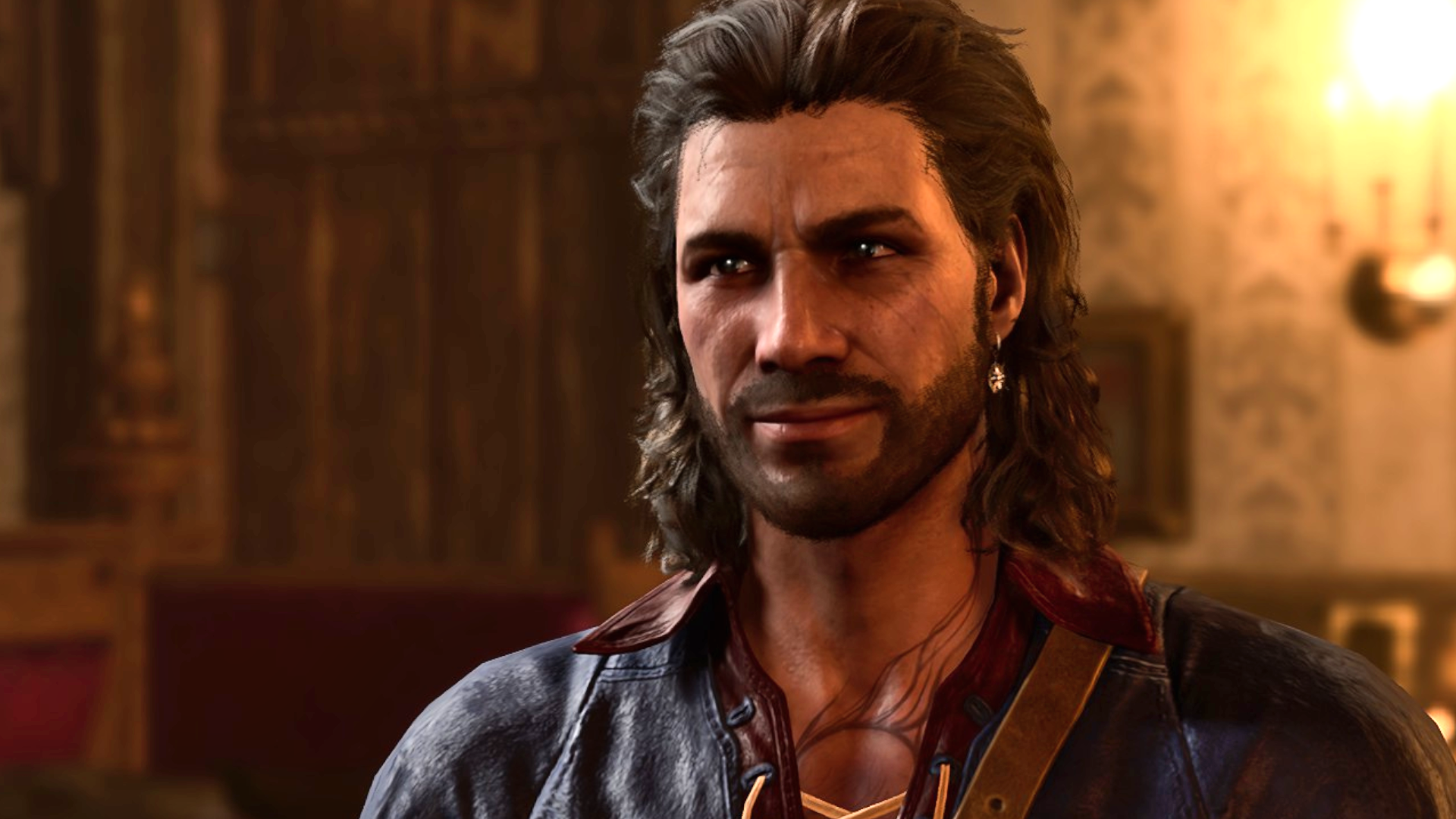
Gale is a divisive character in Baldur's Gate 3. Owing to a series of bugs that made him a bit of a horndog, the Wizard of Waterdeep quickly earned himself a reputation as a bit of a hound and a creep.
We collectively dunked on him in much the same way back when we did our companion rankings. I called him "the Sword Coast's biggest wife guy"—and I'm sorry, Gale. I did you dirty.
Having now both romanced him and friendzoned him on two separate playthroughs, I'm here to set the record straight: Gale is one of the best romances in the game, and it's precisely because he's so damn uncomfortable about it. Heads up—I'll be spoiling Gale's romance plotline, as well as one or two major plot elements.
I rejected Gale on my first playthrough and, yes, admittedly, him rizzing me up in the middle of a magic lesson was a bit much. Once I'd turned him down though, he quickly became a good friend and confidant with nary a whisper of 'Nice Guy' energy in sight—this was closer to the game's launch, too, so I don't think we can pin that on tone-down patches.
In my bard's recent honour mode run? I went all-in. What I discovered was a sensitively-written romance path that, for once, wasn't afraid to portray a character as being kinda hopeless when it comes to flirting back. Even characters designed to be nervous about it—such as Tali from Mass Effect—are still generally charming.
Gale Dekarios, however, is a deeply insecure tall drink of water laced with cringe in every drop—and that's what makes him great.
Romance is messy
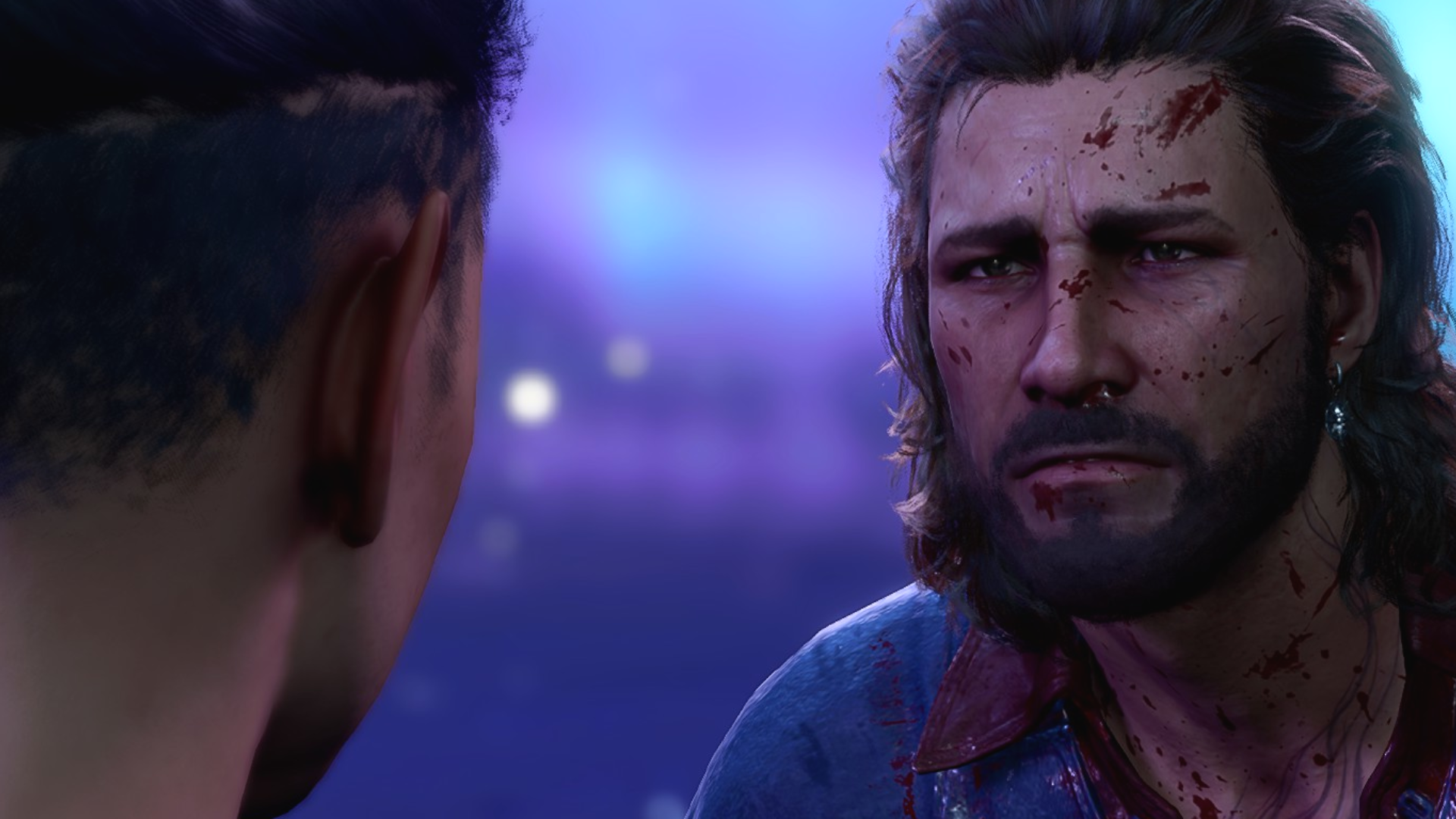
I'm tired of games where companions are acceptance sponges, or fonts of unconditional love. Companion characters in games are typically supportive—they might have something to say if you start setting orphanages on fire, but their relationships rarely have drama related to said relationship. Their issues are usually external.
Take Cyberpunk 2077's romance paths, for example. Unless you're just outright being rejected, getting a character to fall in love with you is as straightforward as picking the right dialogue options. In fact, finally consummating the relationship and making it official is typically where their stories end.
If you simply call your first night together 'fine', he's kind of a bastard about it.
Even a character like Alistair from Dragon Age: Origins—who I feel has a similar vibe to Gale—is only ever awkward in a cute, bumbling sort of way. But people are messy and awkward in real life, especially in new relationships. Getting to know someone is a process of digging past that outer shell and allowing yourself to be delighted by the wholeness of them, insecurities and all.
One great example of this with Gale is how, if you simply call your first night together 'fine', he's kind of a bastard about it. It's not entirely unwarranted—it's a blunt thing to say—but he reminds you of the nuke in his chest like it's a threat before regaining his composure. It's a thorny, unpleasant result that doesn't reflect well on him, but it's honest to his flaws as a character, and I kinda adore it.
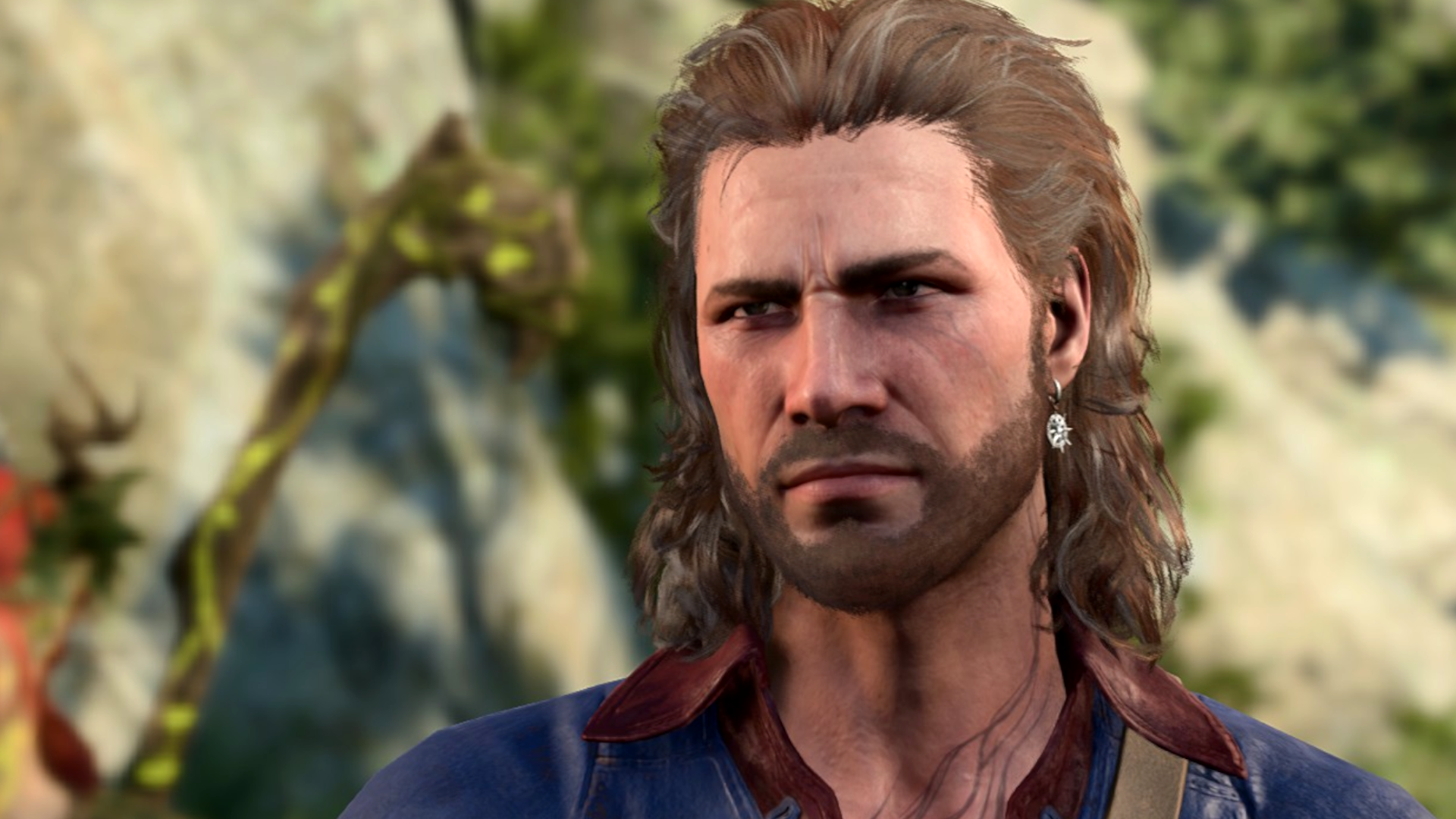
Speaking of insecurities: Gale comes packaged with plenty for two important reasons. Firstly, he's had that orb stuck in his chest for a while. The first moment I went: "Oh, I get it" came when Gale confessed that, as he was researching the orb, he turned friends away for their own safety.
There is an appreciable gap of time between Mystra casting Gale out and Gale being captured on the Nautiloid. He grew socially isolated and lonely—and I'm sure plenty of us have gotten a little weird after a stint at being a hermit. Secondly, Gale's perception of what a relationship is has been coloured by the fact that he was dating a goddess for a while.
Mystra's treatment of Gale is deliberately weird and upsetting. The power dynamic there is heavily weighted in Mystra's favour, considering she's the goddess of magic. Even if we assume she tried her best to treat Gale as an equal, we can still see how unhealthy the expectations it taught him were in the way he acts.
Gale repeatedly attempts to woo you with grand gestures and—yes, saucy magic lessons—because that's the only way he knows how to express interest. He was chosen from a young age to play second fiddle to a woman with every imaginable power over him and, simply put, it gave him the wrong idea.
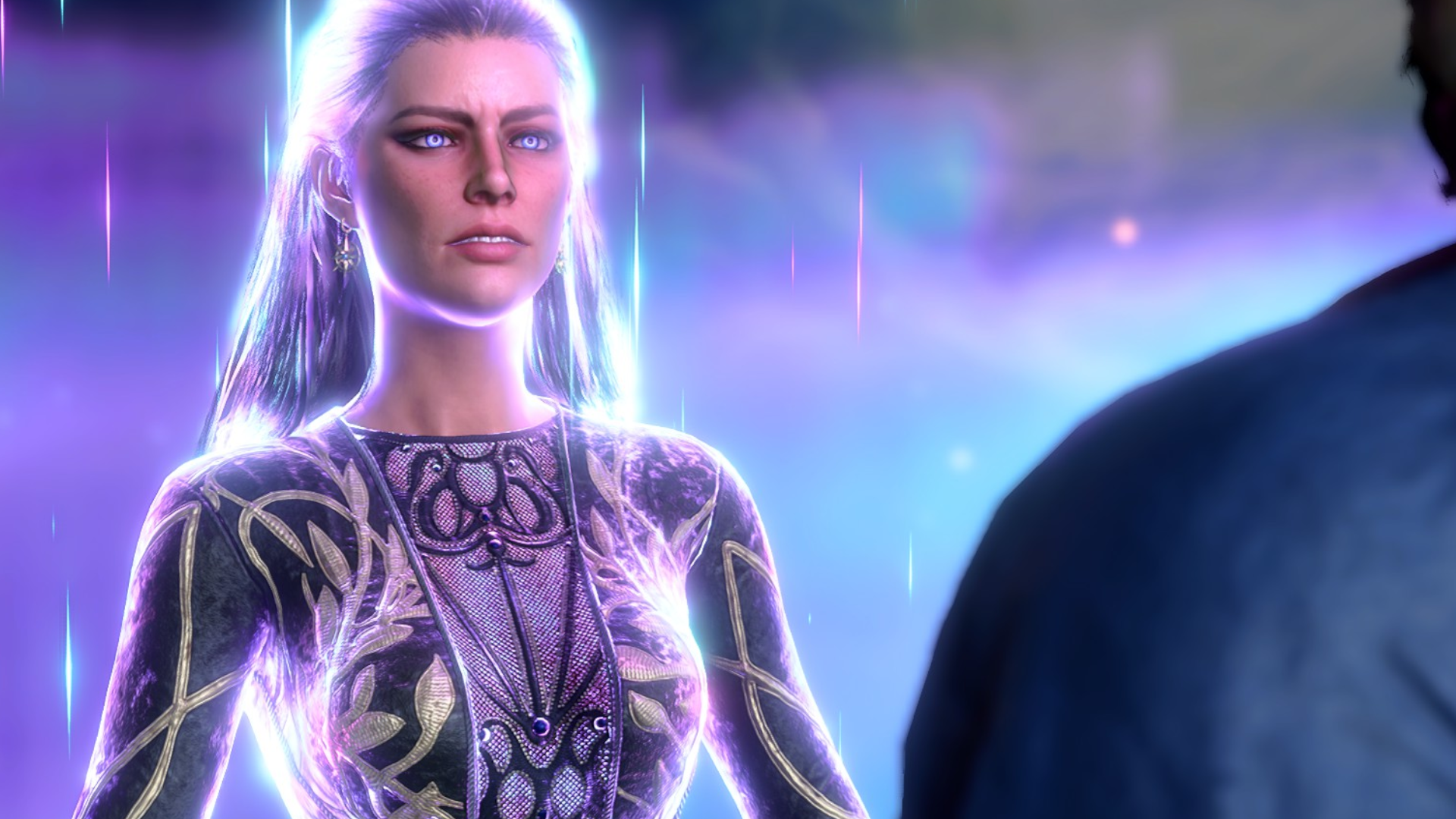
Instead of learning how to—I don't know, honour another person's body, imperfections and all—Gale spent his time tumbling through the astral sea, boning down in ways so surreal and mind-bending they'd make Dr. Strange blush. Instead of learning to talk about his feelings, Gale paid deference to a goddess who already knew the right answers.
More than any other companion, a romance with Gale means confronting his ideas of what affection is. It's an uncomfortable process, but once you chip away at the grandiose shell, Gale Dekarios is a complete dweeb.
He's just normal men. He's just innocent men.
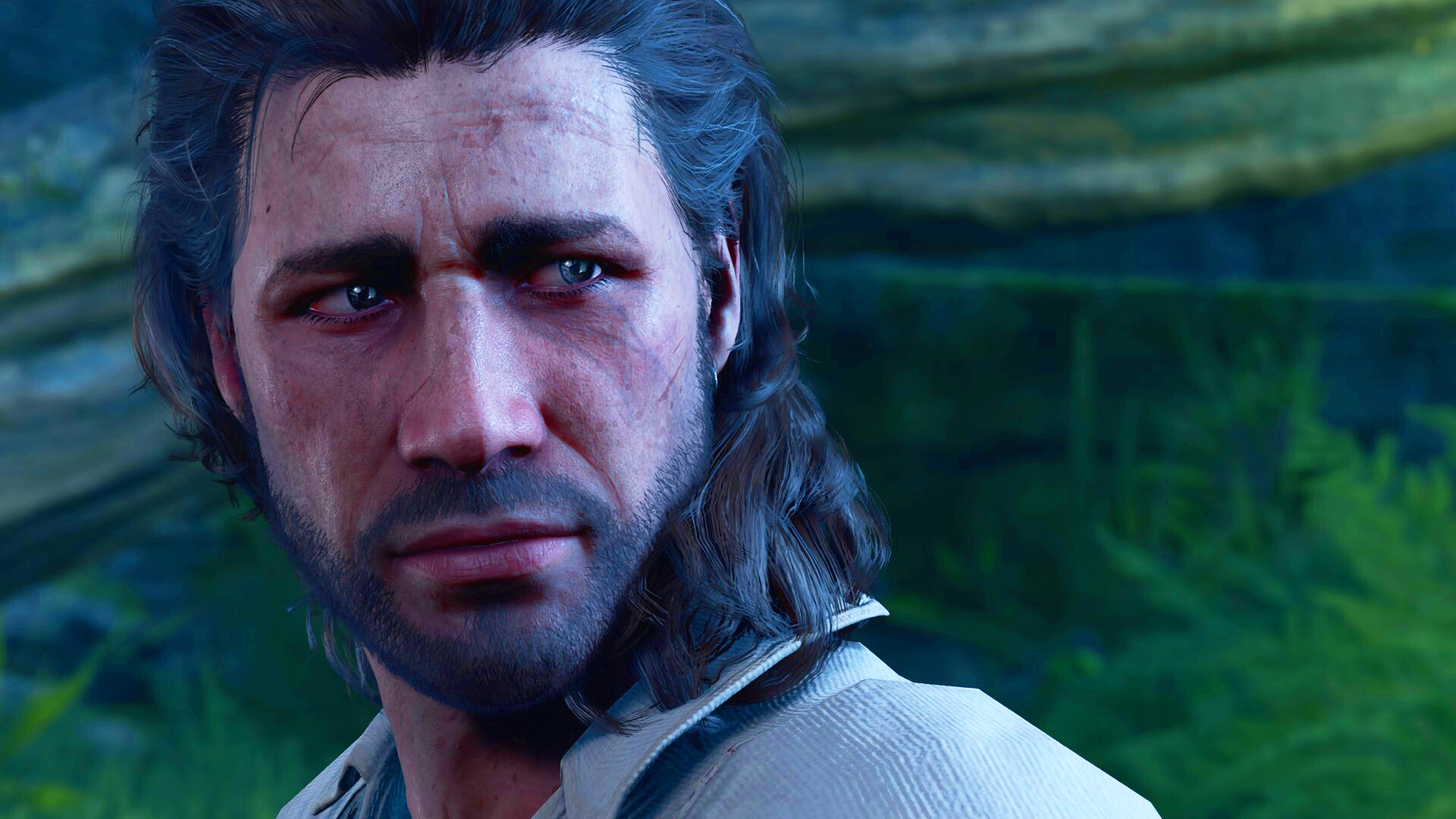
You can, of course, decide to lean into Gale's hunger for godhood. You can even get him there, ascending to the realm of the divine—and I'm not here to say that's wrong, even if I think he's happier without that power.
But you're also allowed to lean in the other direction. If you do, you rapidly discover that Gale Dekarios is a complete nerd. The man already knows that he's the happiest when he's reading a book on his balcony—he wants greatness and godhood, but he's content being a school teacher. He just won't admit it to himself.
Gale believes he can't be happy unless he is either the chosen of a god, a god himself, or a pile of ashes that went out with purpose. It's a tragic story that you're able to yank him out of, and if you've ever felt the weight of expectation on your shoulders, it's deeply relatable. Well, maybe not the "I'll turn myself into a nuke because you said our sex was 'fine'" part. You might need a counsellor to unpack that, buddy.
Gale believes he can't be happy unless he is either the chosen of a god, a god himself, or a pile of ashes that went out with purpose.
The end of Gale's narrative arc pulls this full circle. Gale of Waterdeep realises that a lot of his unhappiness comes from chasing the platonic ideal of wizardry, and he purposefully rids himself of his title. It pays off every uncomfortable advance, every bizarre gesture he insists is the right way to love, and every cringeworthy flirt with the reveal that he's just a normal man.
I'm about to undercut this for a brief moment by saying—despite all of this, I did go for the Astral Sex scene and I don't regret it for a moment. I could go into some tangent and talk about how it helps prove my point, allowing my character to see the greatness he aspires to before rejecting it, but I'd be lying. I wanted my bard to have tantric magical space sex. Judge me.
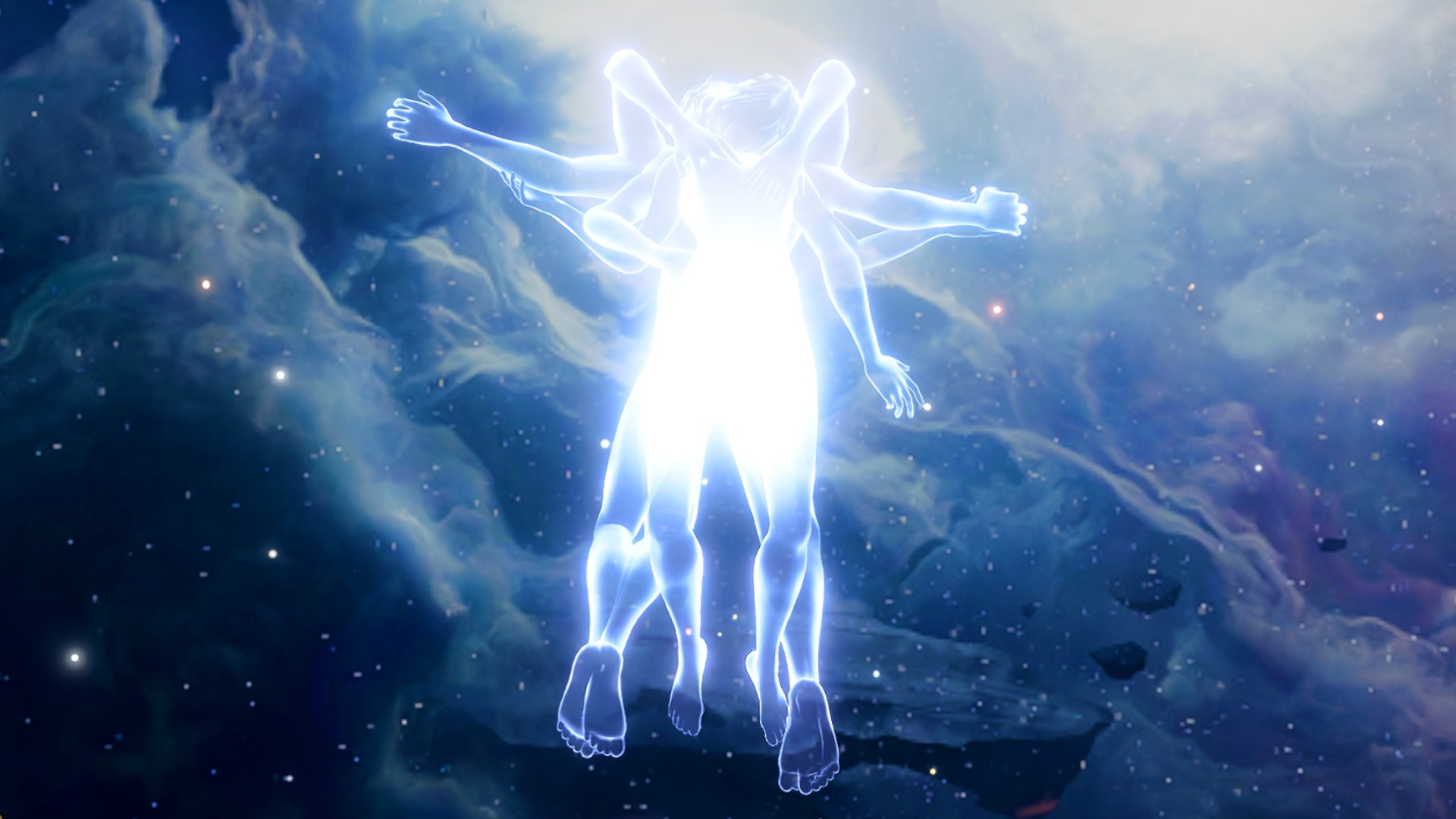
The scene is, however, beautifully directed—and another tick in Gale's favour. The game's other love-making scenes are beautiful and heartwarming, but the direction here really is something else. It's alien, it's weird, and it does help to contextualise why Gale's approach to romance is so inhuman. Even if my motivations were corrupt.
Subverting an arc
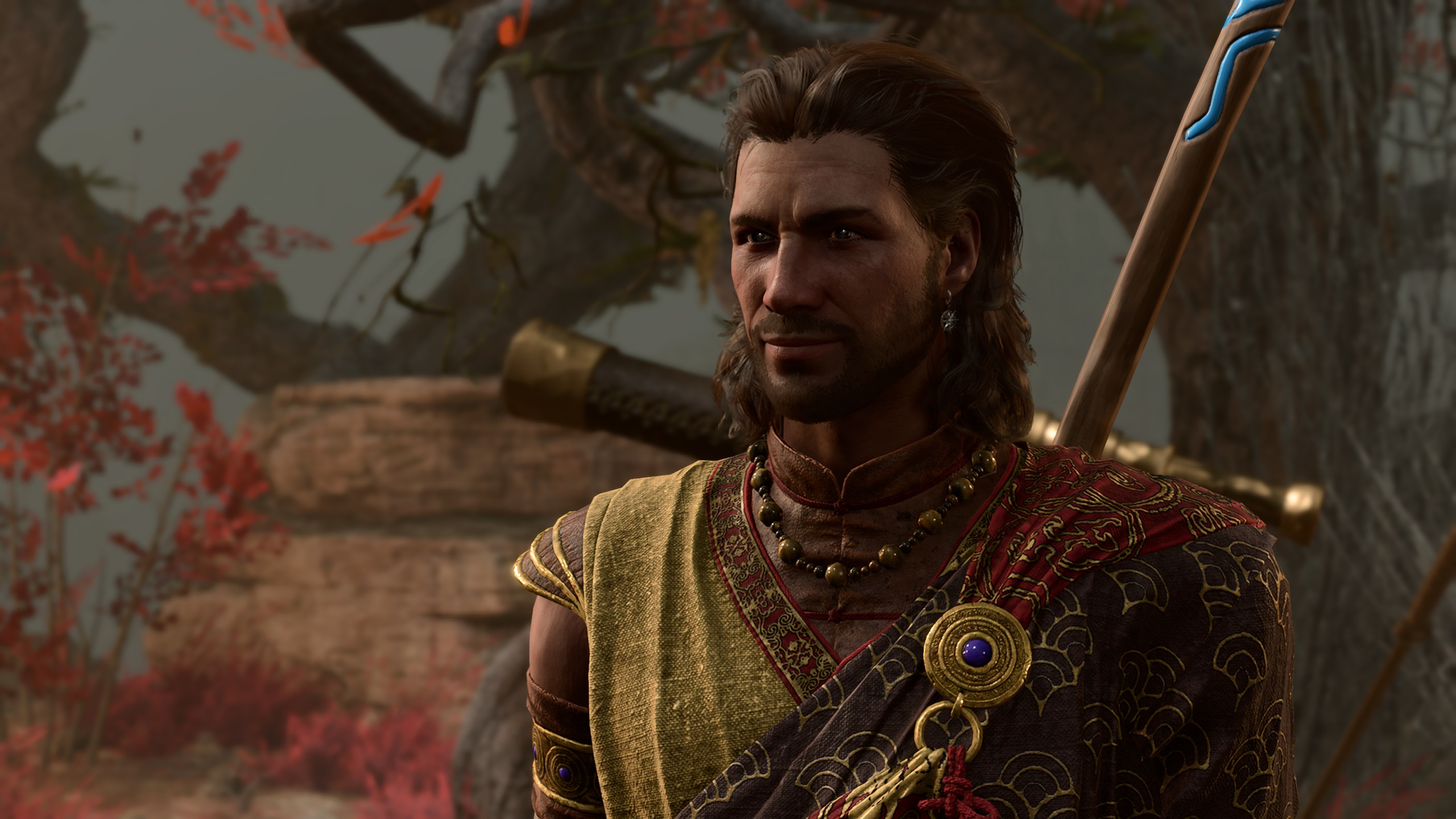
Ultimately though, what made Gale's romance so memorable to me is how it subverted an RPG character trope I'm sick to death of.
In a lot of cases (not all, Gale is hardly the first to flip the script) romancing a character is a process of earning their trust. Done poorly, it feels videogamey. Do the right things, say the right words, and you slowly nudge that affection bar until they confess their love.
Despite several of these games having romance stories I genuinely love, I feel like the mechanic of 'companion gifts' in games like Dragon Age: Origins or Star Wars: The Old Republic really hammers this issue home. I understand the need for these sorts of things from a game design perspective, but it still takes the impact out of my narrative choices for me. 'How could my character's partner not love them, look at all the love points I have. I gave them all the +10 to love bar items.'
In contrast, Gale's smitten with you right out the gate. His romance route is all about shaking him out of his shell. Other characters in Baldur's Gate 3 do similar things—Shadowheart's a lost child, Astarion has a thick veneer of seduction he wields as a weapon of survival. But Gale never really doubts that he likes you or pushes you away. His problems are all internal. I mean, literally—he's got a bomb stuffed in his chest—but also emotionally.
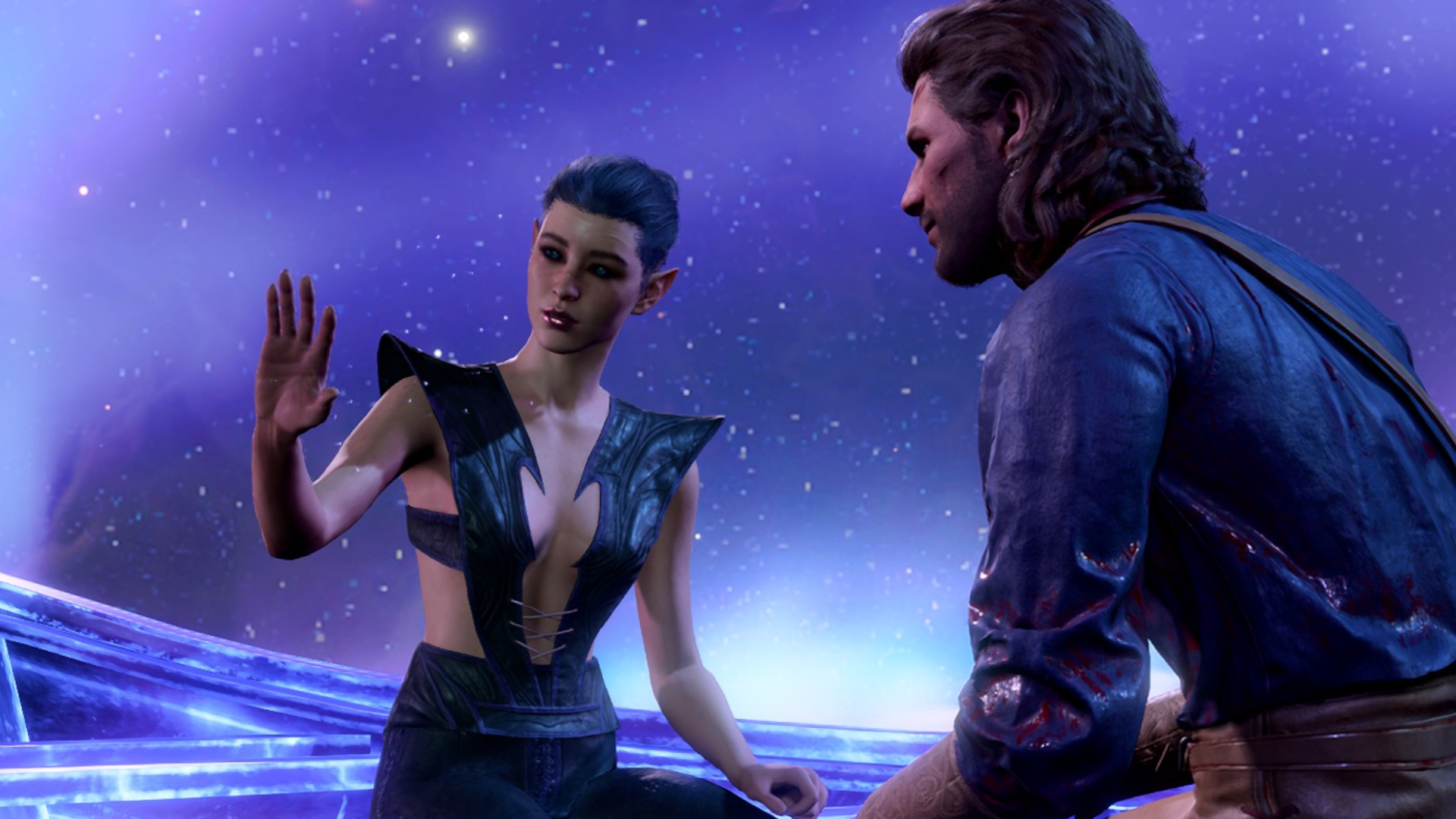
I'll always remember Gale grabbing my bard, transporting us to an astral sea, and promising me the stars. Only for my character to be able to tell him: "Hey, buddy? You're enough." The end of Gale's romance is not a reward in the form of a confession of love—it's a chance to get the character to love himself. And I think that's pretty refreshing.







